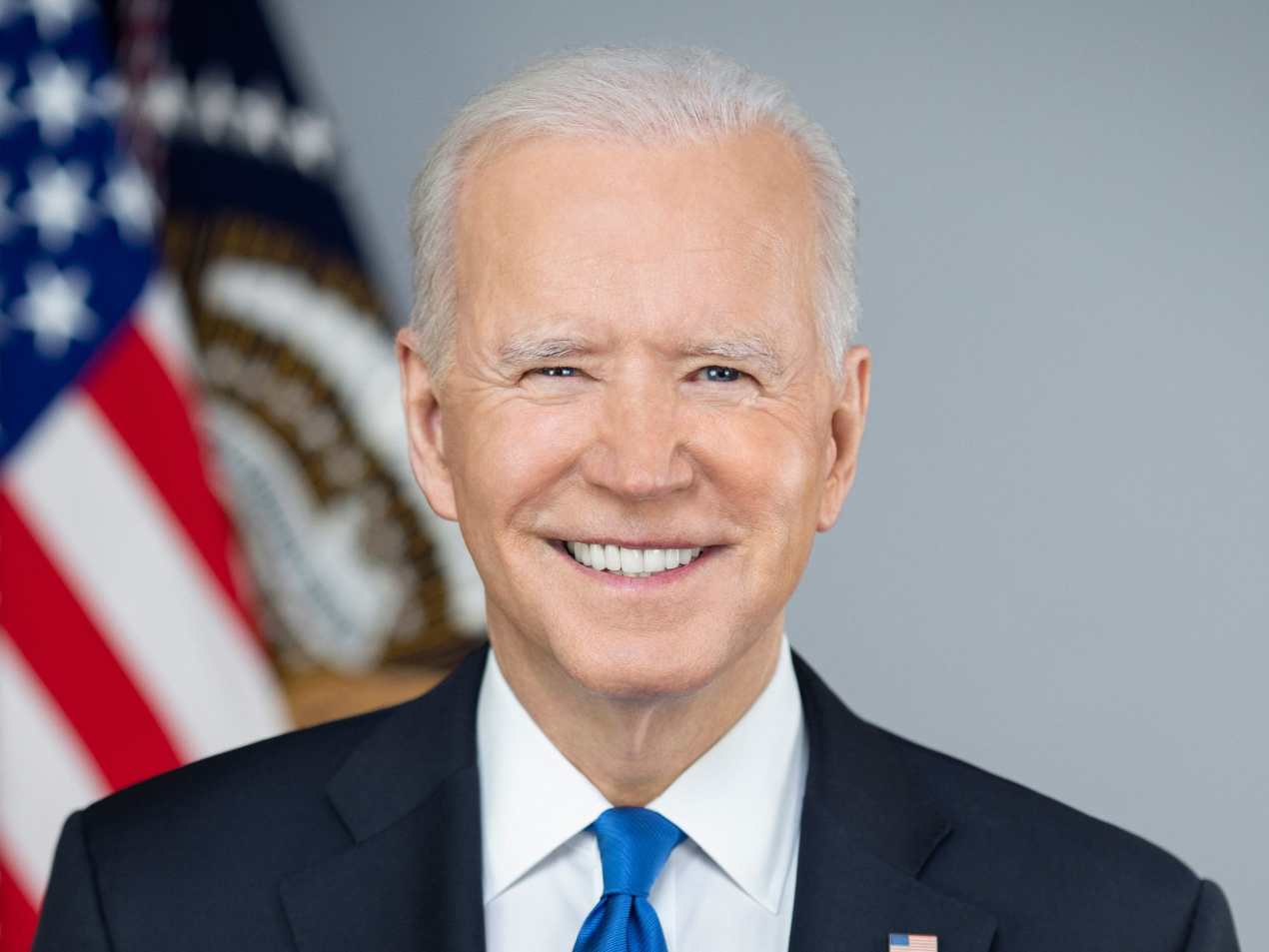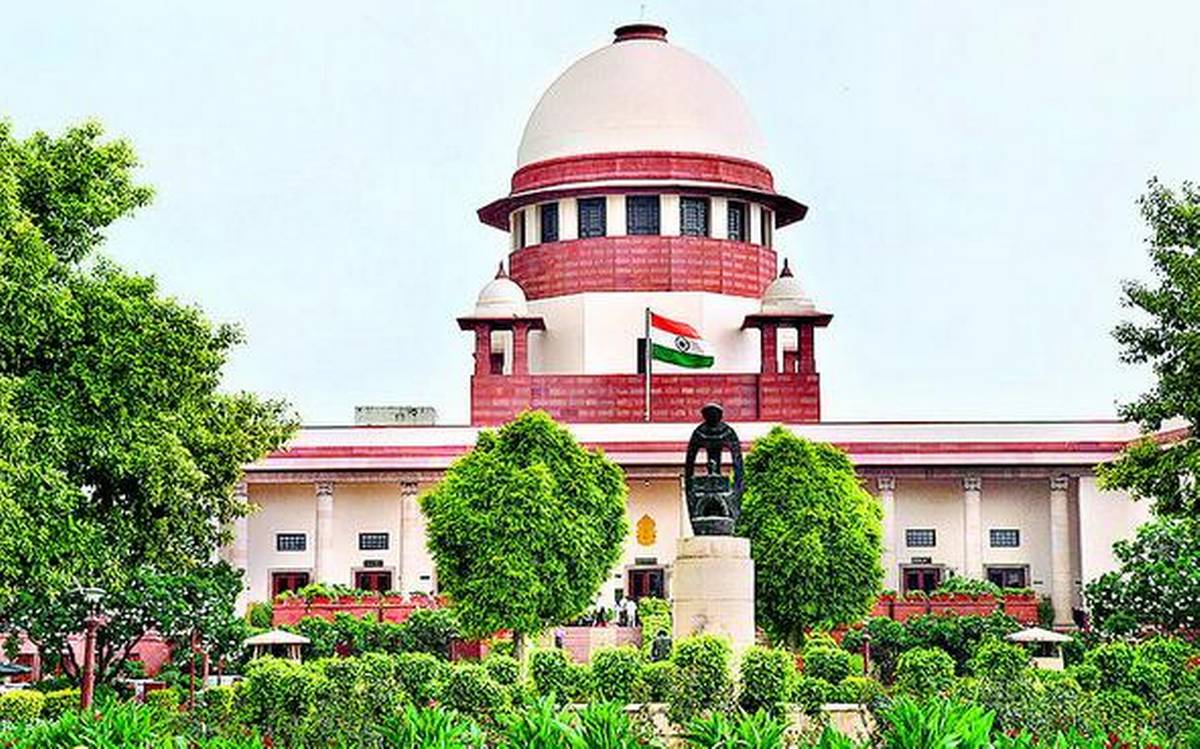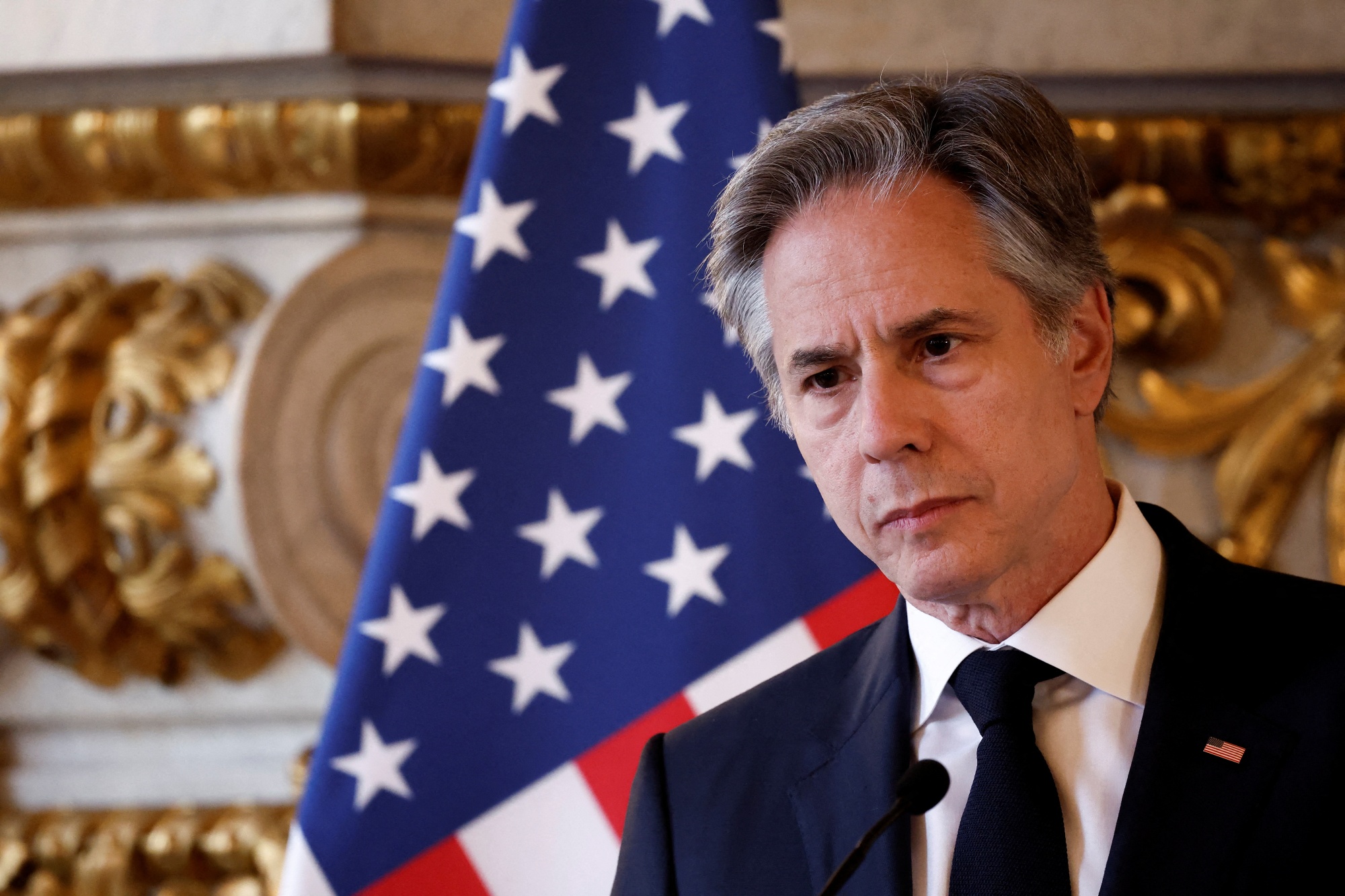IF India gives-up “One China policy” then it will also impact the issues of Xinjiang, Hong Kong and Taiwan which all are claimed
The European Foundation for South Asian Studies (EFSAS) hosted a very well-attended and successful Webinar titled, ‘Rise of ISIS in South Asia’, on the sidelines of the 45th Session of the United Nations Human Rights Council (UNHRC). A panel of scholars, policy analysts and researchers in the field of terrorism and South Asian politics discussed the ostensible fall of ISIS in Iraq and Syria and its further proliferation in the region of South Asia. The event was moderated by Mr. Junaid Qureshi, Director EFSAS, and was joined by a large group of attendees (60 attendees), including human rights activists, NGO representatives and scholars. Many of the attendees were youth and a sizeable number were from the region of Jammu & Kashmir (both sides of the Line of Control - LoC), India and Pakistan.
Mr. Timothy Foxley, an independent political and military researcher, current EFSAS Research Fellow and former Senior Analyst for the British Ministry of Defence, the Swedish Ministry of Defence and the Stockholm International Peace Research Institute (SIPRI), discussed in-depth the future of the Islamic State-Khorasan Province (ISKP), at the backdrop of the US-Taliban ‘Peace Talks’ and the US troops withdrawal from Afghanistan. He described the origins of the ISKP, designated its main areas of operation, namely the Nangarhar and Kunar provinces, and assessed its number of fighters as up to 3,000, 70% of which, according to him, are of Pakistani origin. Mr. Foxley argued that despite its active presence in the Nangarhar province, the terrorist outfit is still much weaker than the Taliban, which maintains a strong foothold in the country and is fighting against the group. As he explained, the ISKP’s radical ideology, which is considered incompatible with the ideology of the majority of the population, has triggered some local resistance. That combined with the efforts and pressure by the Afghan Government and the US forces, has led to the surrender of up to 600 ISKP fighters until the end of 2019. Yet, as Mr. Foxley warned, declaration of victory is risky and rather premature, since there is a high chance of the outfit the regrouping in the Eastern parts of Afghanistan, bordering Pakistan, which act as safe havens and provide necessary resources, due to their very rough terrain, obstructing policing and oversight by security personnel. He concluded by saying that the presence of the ISKP risks to derail the US-Taliban peace process and could have a very negative impact on the security situation in Afghanistan.
Dr. Paul Stott, EFSAS Research Fellow, writer, academic and researcher on terrorism and radicalization, British Jihadism, Islamism and International security, discussed the jihadist triangle of Islamic State, Britain and South Asia. He argued that ISIS aims to appeal to all Sunni Muslims globally, invoking senses of perceived injustice and local grievances in various contexts, including in the region of South Asia, which has resulted in the development of a non-contiguous Islamic State, at least in thought. Mr. Stott further stated that an estimated number of 800-1000 Britons have travelled to join ISIS, and in addition, the rise of ISIS has also not stopped British participation in conflicts in the Indian Subcontinent. He also argued that State support like the Pakistani Military Establishment’s support to Al-Qaeda, Taliban and other groups, as also expressed in recent revelations of Ehsanullah Ehsan (Taliban spokesman), has allowed Terrorist groups to prosper in the region. He provided 3 case studies which highlighted the British-South Asian-ISIS connection, or rather the British-Pakistani nationals connection. First, Muhammad Aftab Suleman, British-Pakistani, who first travelled to Syria in 2013 with World Aid Convoy and then left to establish a production studio for extremist material in Islamabad, upon his return to the UK he was convicted of ‘five counts of possessing documents likely to be of use to a person preparing or committing an act of terrorism and two counts of distributing a terrorist publication’. Second, Dr. Mirza Tariq Ali, a Pakistani born, member of Al-Muhajiroun, who joined Tehreek-e-Taliban Pakistan (TTP) Jamaatul Ahrar, and curiously exemplified the danger of seeing extremism solely in terms of the Syrian conflict, since he was an avid supporter of ISIS and perceived joining the Taliban as ‘fence-sitting’. And, third, Hamayun Tariq, who spent years in Waziristan in Pakistan, before heading to the Middle East to join ISIS. Mr. Stott argued that most likely the number of dual nationals from South Asian origin whose passports were revoked due to involvement in terrorist activity by Britain would be sizeable. He concluded by saying that the current COVID-19 pandemic might have disrupted opportunities for traveling and meetings of terrorist individuals, yet such circumstances might allow for higher levels of radicalization and recruitment online.
Mr. Malaiz Daud, former Chief of Staff of Afghanistan’s President Ashraf Ghani, Research Fellow at the Barcelona Center for International Affairs and Research Fellow at EFSAS, deliberated upon the presence of ISIS in Pakistan and the region of Jammu & Kashmir. He claimed that in the context of Pakistan, the number of ISIS affiliates is unknown, yet most of them are former TTP, Jama'at-ud-Da'wah (JuD) and Al-Qaeda members, while lone wolves without any affiliation to other terror groups also constitute part of their ranks. He argued that ISIS in Pakistan is comparatively much weaker than ISIS in Afghanistan and this is due to numerous factors: first, ideologically ISIS does not have a strong foothold; second, Pakistan has been heavy-handedly targeting them since ISIS could challenge the State apparatus in Pakistan and does not abide to the the country’s Military Establishment's objectives, which other terrorist groups do; third, the group faces an adverse regional situation not only due to international pressure, but further because of the presence of far too many other jihadist and criminal outfits in Pakistan which already enjoy the support of the country’s Military Establishment, and which does not leave much space for them. In addition to that, peaceful non-violent movements, such as the Pashtun Tahafuz Movement (PTM) have not only put additional pressure on the Pakistani Military, against which the movement was initially launched, but also on terrorist groups in the country, including ISIS. In regards to Jammu & Kashmir, Mr. Daud argued that ISIS does not have much physical leverage in the region, apart from the perpetration of few sporadic terror attacks. The reason behind that is the fact that the majority of jihadist outfits in J&K are supported by Pakistan and Pakistan remains, for the time being, wary of ISIS because of their global ambitions and the possibility that it might turn against the Pakistani State. Thus, ISIS in J&K is currently mainly active on social media.
The event was followed by a very vibrant and thought-provoking Q&A session, during which the audience and speakers exchanged views in a debate on dozens of issues including the future of the US-Taliban peace deal and the involvement of other international actors in it; the rise of ISIS recruits in South India; the need of strengthening democracy and State effectiveness in countries of South Asia, especially in countries like Pakistan, Afghanistan and Bangladesh, and the role of the Pakistani ISI in the expansion of ISIS. All parties agreed that India should play a bigger role in the US-Taliban peace process as an important regional player, and in attaining peace in Afghanistan in which it could act as a mediator and contribute to solutions of the issues plaguing the country. Yet, as expressed by Mr. Daud, it is likely that Pakistan will prevent any such political move from the Indian side as it is not prepared to welcome its arch-enemy on the negotiating table and would like to continue remaining the de facto masters of the Taliban.
In response to the rise of ISIS in South India, Dr. Paul Stott highlighted the power of social media in the dissemination of extremist messages, particularly in the case of radicalized Indian nationals, as well as the high number of South Indians working in the Middle-East and influenced by Wahhabi ideology. Mr. Malaiz Daud, while quoting the words of Bilawal Bhutto, son of Benazir Bhutto, ‘Democracy is the best revenge’, argued that in a democratic system the Taliban and other jihadist outfits are set to lose more, yet a bigger emphasis should be put on State effectiveness and the sponsors of such groups, like the Pakistani Military Etsablishment. As per the last point, Mr. Malaiz Daud pinpointed the similarities between the modus operandi of ISIS in Pakistan and the Haqqani Network, arguing that oftentimes the two groups acquired weapons and ammunitions from similar sources, which implies that the ISI keeps ISIS as an open option to be utilized for strategic depth in the future. Mr. Timothy Foxley further argued that not only has the ISI had an extensive history in sponsoring the Taliban and bringing them into being, the Pakistani State has further demonstrated how terrorist groups operate from its soil and even beyond, in the pursuit of securing State’s objectives; thus, the ISI might make its way to ISKP, either by accident or by design, in case the Pakistani deep State believes it fits its purpose of pursuing its strategic objectives of targetting India by means of using a new terrorist proxy when needed.
You May Also Like
IF hate / racial crimes are responsible for some of these deaths of Indian students and if this trend is not checked then the larger Asian Indian A
Like other previous US- administrations the Biden administration is also CLUELESS about launching & running a global order where even smaller c

On demand of our readers, I have decided to release E-Book version of "Trial of Pakistani Christian Nation" on website of PCP which can also be viewed on website of Pakistan Christian Congress www.pakistanchristiancongress.org . You can read chapter wise by clicking tab on left handside of PDF format of E-Book.








